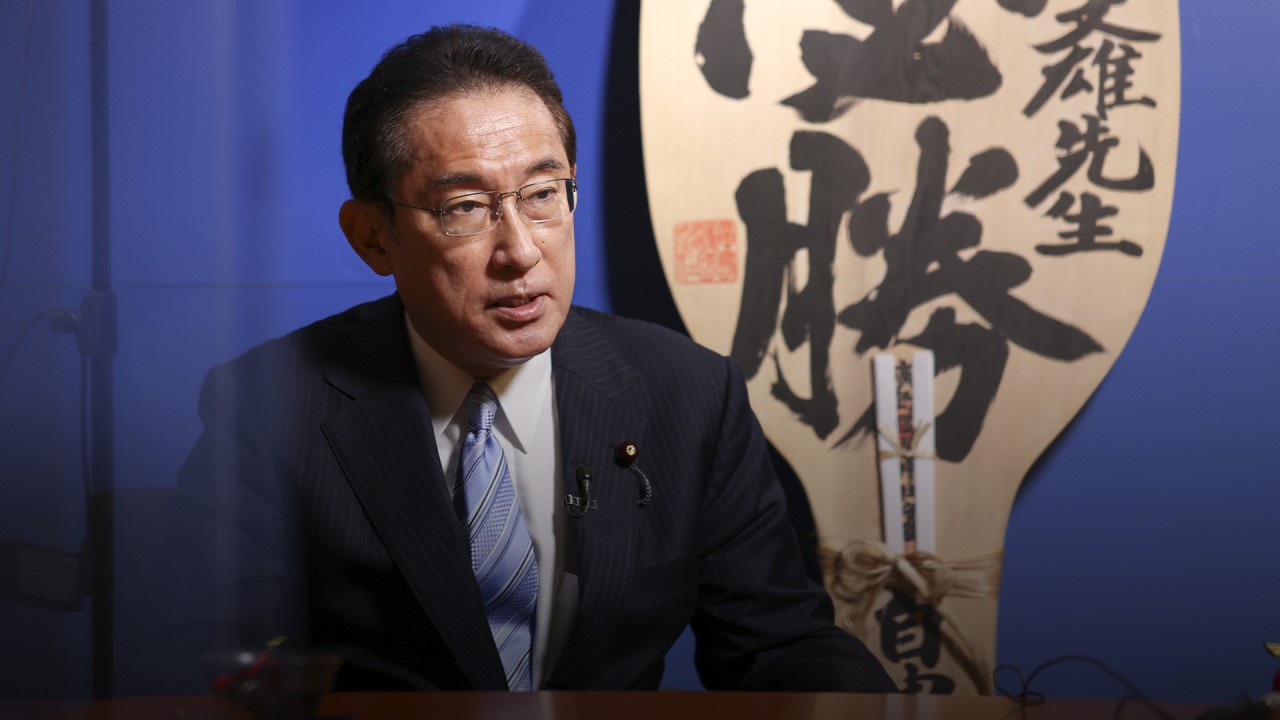
Global shift towards greater equality shows China’s ‘common prosperity’ goals are not unique
- The breadth of Beijing’s reforms have received much attention, but policy proposals elsewhere show it is far from alone in seeking to put people before profit
- Aiming for a more equal society is a just cause, but governments also have to strike a balance between improving equality and achieving growth
Which government is working to reduce income inequality, raise wages, improve welfare for workers, get companies and financial investors to pay their fair share of taxes and improve the environment? China? The United States? Japan? Britain? Germany?
However, implementation of these well-intended policies has been seen as abrupt, and has shocked businesses and investors. The breadth of the reforms has also led investors to wonder whether other sectors could come under regulatory scrutiny. If education and housing are considered to be social goods, what about health care, for example?
It is worth noting that China is far from alone in moving in this direction. Voters around the world have signalled their frustration with uneven economic recovery from the pandemic.
While the eventual coalition could see a more centrist policy stance, a higher minimum wage, a wealth tax and raising the tax rate for high-income earners are likely to be the starting point of policy negotiations.
In Indonesia, despite the economic challenges of the pandemic, parliament has introduced a higher income tax rate for wealthy individuals and scrapped a planned corporate tax cut.
In the US, Congress is debating a US$3.5 trillion budget to improve education, childcare and health care. This would be funded by higher taxes from corporations and the wealthy.
G20 backs global minimum tax deal, pledges to sustain Covid-19 recovery
This implies that companies will be expected to pay more taxes and do their part to help the less privileged. As a result, shareholders and investors could see smaller profits.
Aiming for a more equal society is a just cause, but governments also have to strike a balance between improving equality and achieving growth. Companies invest for the future with retained profits or by raising capital in financial markets.
Too heavy a tax burden or unattractive returns could reduce the amount of resources or incentive to innovate. It is hard to achieve prosperity without new ideas, technology or tools.
Tai Hui is chief market strategist for the Asia-Pacific at JP Morgan Asset Management



